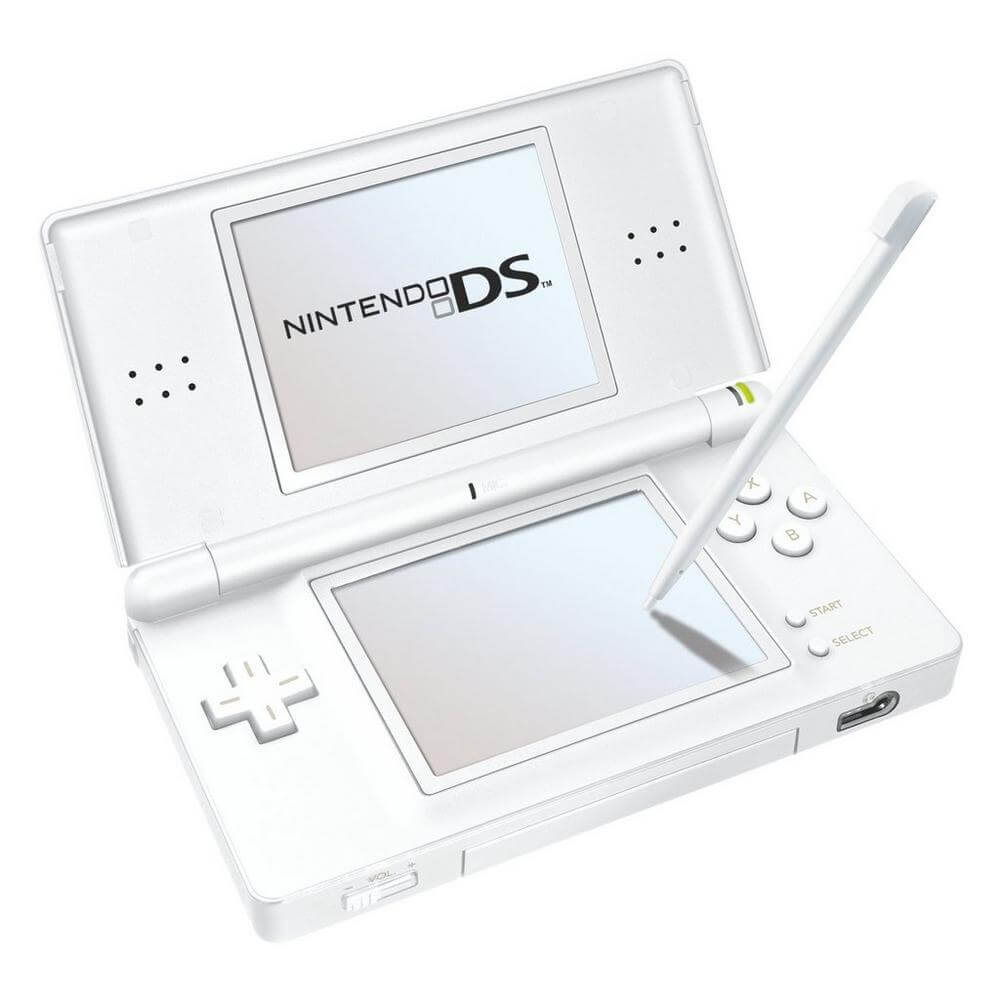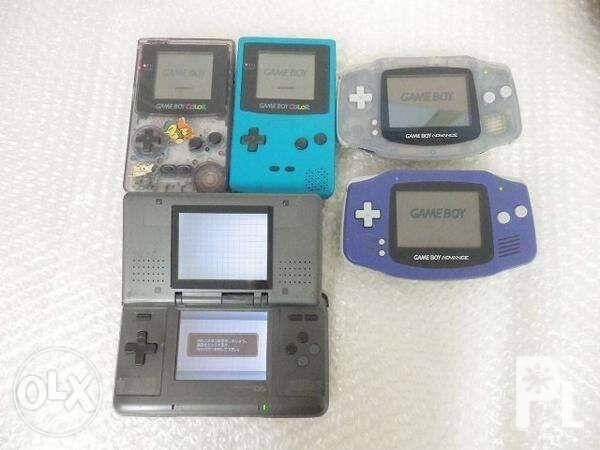

The release of the Nintendo DS marked a significant turning point for the Gameboy franchise, despite initial skepticism surrounding its unconventional design.

When the concept of the Nintendo DS was first proposed, many within the company questioned the need for two screens and feared potential increases in production costs. Hiroshi, the then-director, was initially hesitant to entertain the idea. However, Okada, a key figure in the development process, persisted in advocating for the concept.
“Unlike many in the company, I wasn’t afraid to challenge Hiroshi,” Okada explained. “We debated fiercely, but Iwata, our CEO, saw potential in the idea. He encouraged us to explore it further.”
With Iwata’s support, the project, codenamed Nitro, moved forward, culminating in the launch of the Nintendo DS in 2004. The inclusion of a touchscreen proved to be a game-changer, setting the DS apart from its competitors. Ultimately, the DS outsold Sony’s PSP by a significant margin, solidifying its position in the market.
The success of the DS prompted Okada to reconsider the future of the Gameboy Advance. He believed that further investment in the handheld console was misguided, as the DS had surpassed expectations and fulfilled the vision set forth by Hiroshi.
While subsequent iterations of the DS, such as the DS Lite and DSi, refined the concept, the original version faced challenges during its early days. However, Okada’s perseverance in bringing Hiroshi’s vision to life eventually paid off, albeit with a gradual adoption by consumers.
Reflecting on the evolution of handheld gaming devices, it’s evident that innovation often takes time to gain acceptance. Just as it took Apple several years to establish the iPhone, the DS experienced a similar journey toward widespread adoption.
Interestingly, Nintendo has come full circle with the release of the Switch, returning to a single-screen format. This cyclical nature of innovation underscores the ever-changing landscape of the gaming industry.
In conclusion, the Nintendo DS represents a pivotal moment in Gameboy history, demonstrating the importance of embracing innovation and challenging conventional norms.